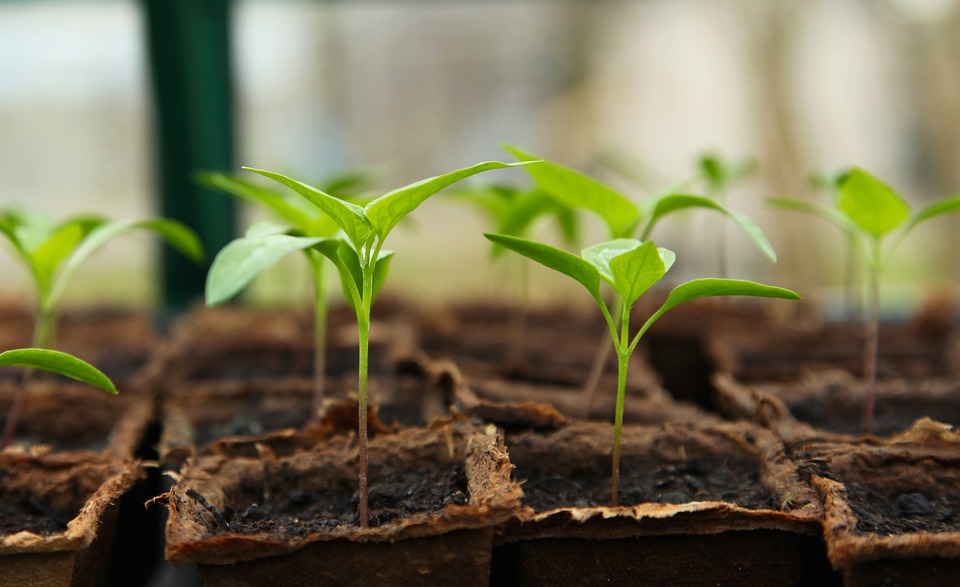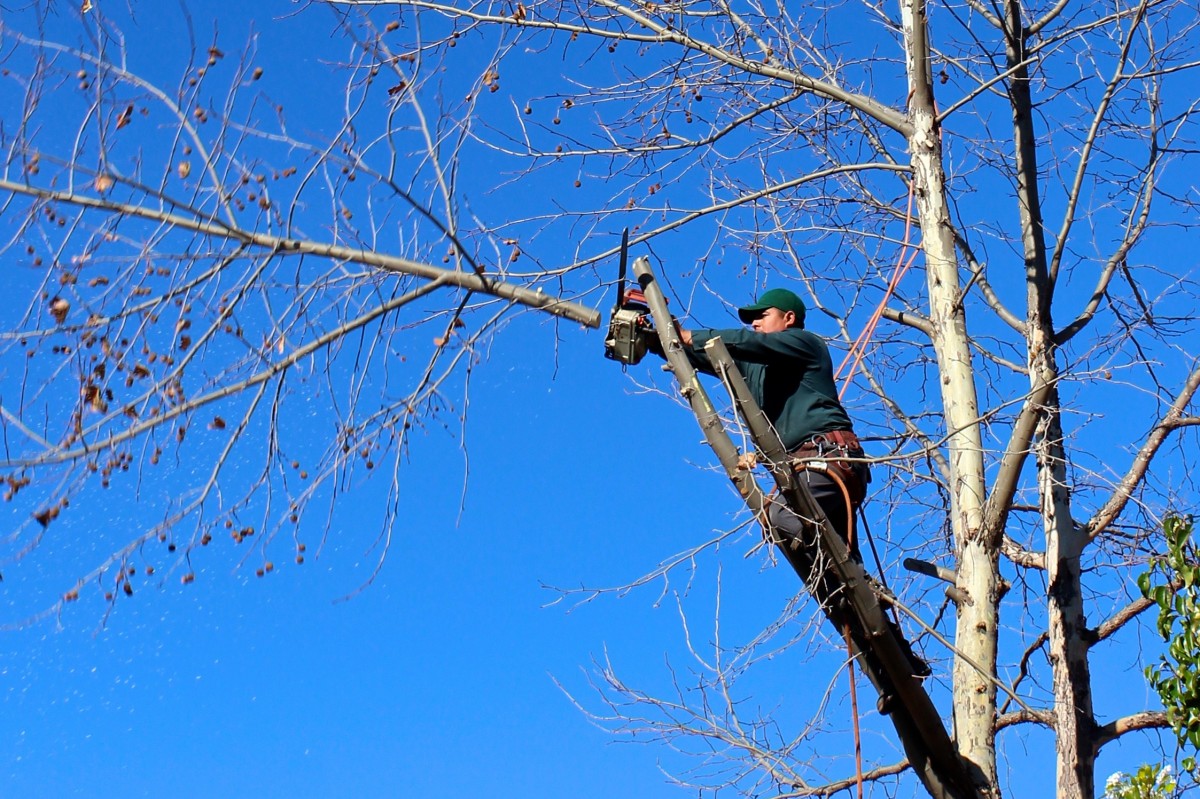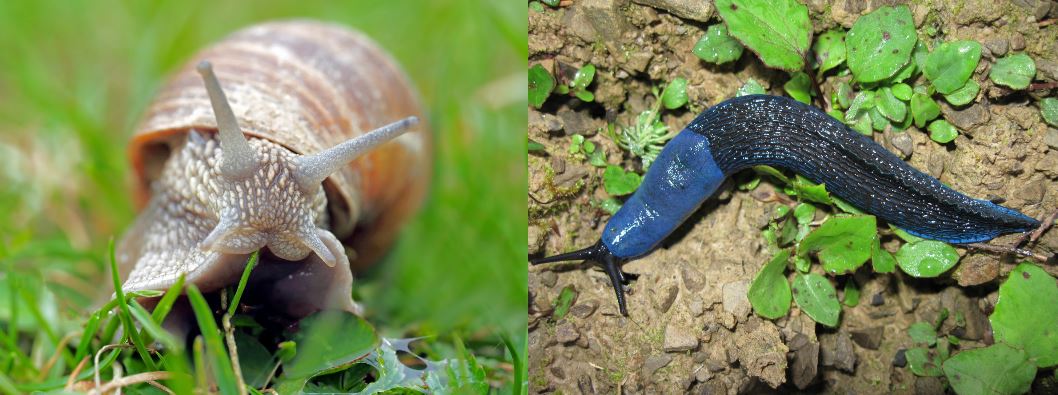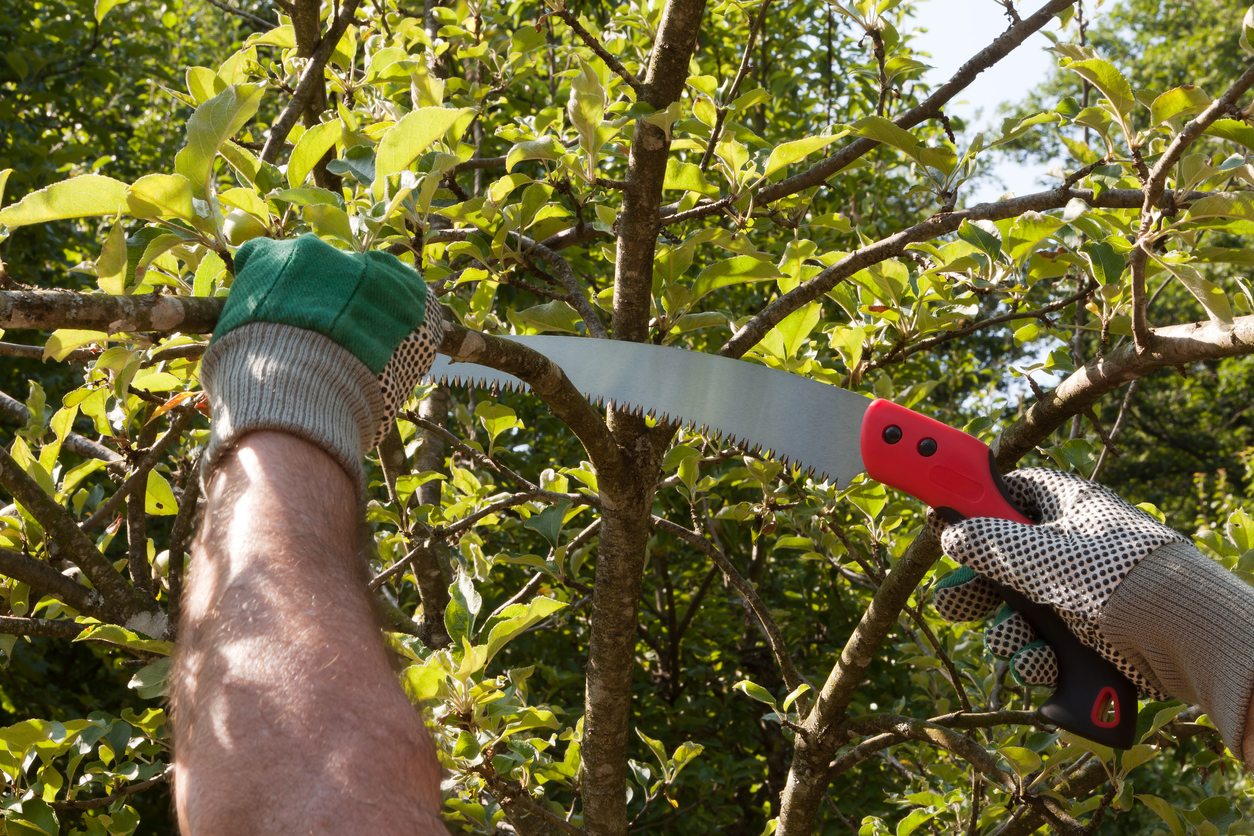Many good gardening tips have been passed down throughout the generations. However, some misconceptions have trickled down as well. So, here are some myths that you may have believed were true.
Myth 1: All Newly Planted Trees Should Be Staked

This practice was once carried out due to the inner desire of a gardener who wanted to do something to help a weak plant grow. However, staking a tree sometimes can actually hinder its development.
Some movement is said to be actually good for young trees. For example, think about how our muscles grow larger with exercise, similarly, tree trunks can grow thicker and more robust when they are allowed to move. However, if these trees are staked, then they become dependent on the support structure, thus preventing their root systems from becoming strong and healthy. For instance, staked trees might grow taller, but their trunks are actually weak and skinny.
But, there are certain conditions that require staking a tree:
- If the tree is situated in a windy area or on a sloped site.
- If the tree is top-heavy.
- If the tree is planted on a city boulevard where there is a risk of vandalism.
Myth 2: Add Sand to Clay Soils To Improve Them

As clay particles can be easily compacted, waterlogging is seen as very common in clay soil. However, sand is just the opposite. Due to its coarse and less tightly spaced particles, it drains away rapidly. This is why many people tend to add sand to clay soil, thinking that it will speed up the drainage. Completely wrong!
Instead, one of the worst remedies for clay soil is to add sand as the small clay particles will fill in the gaps between the sand grains, hence turning it into a rock-hard and mortar-like substance. If you want to improve clay, the secret element is organic matter such as compost which is not only light in composition but can also improve nutrient quality.
Myth 3: Buried Banana Peels Can Give Roses a Potassium Boost

If you think of burying whole banana peels,then let me tell you that your plan can backfire.
Indeed, it is true that both bananas and their peels have high levels of potassium, which is an essential element for roses (as well as all garden plants). However, when soil microorganisms work to break down these peels, a considerable amount of nitrogen can be extracted from the soil, which will lead to a nitrogen deprivation for the plants. So, if you want to give your rose a balanced nutrition, try some compost instead.
Myth 4: Drought-Tolerant Plants Don’t Need Water

Just because you have drought-tolerant plants doesn’t mean that you will never have to pull out your garden hose.
Drought-tolerant plants such as black-eyed Susans and Russian sages can generally survive through an entire summer without supplemental watering. However, always remember that they are not usually drought-tolerant in their first year and as a result, they need regular watering. In addition, if the soil around these plants is dry, make sure to water it on a regular basis.
Myth 5: Baking Soda Heals Black Spot

As mentioned in a previous blog article, spotted leaves is a common houseplant problem that many homeowners can face.
However, even if baking soda works well for powdery mildew, it does not apply to black spots. But, I can give you an effective home remedy: Combine 1 part milk with 2 parts of water and spray on the affected foliage at least once or twice a week.
Myth 6: To Ripen Green Tomatoes, Place Them on a Sunny Window Still

No, sunlight is not really needed here. If you want to ripen green tomatoes, the best place is in a cool basement. So, wrap them up in some old newspaper (which can help to contain the ethylene gas) and place them in the basement.
Do you think learning about these misconceptions will increase your chances of plant-growing success? Please share your comments!



